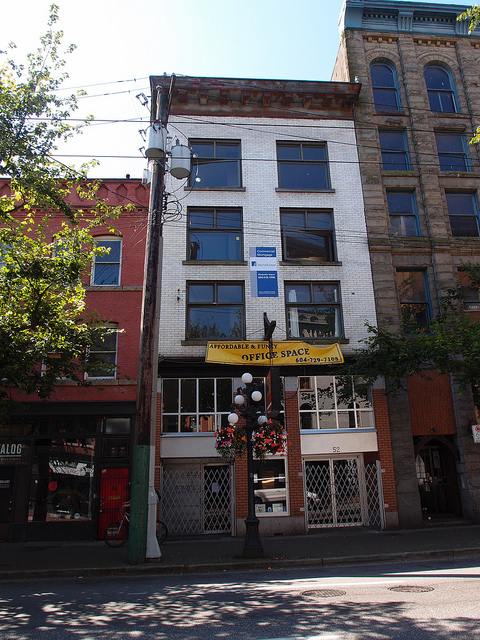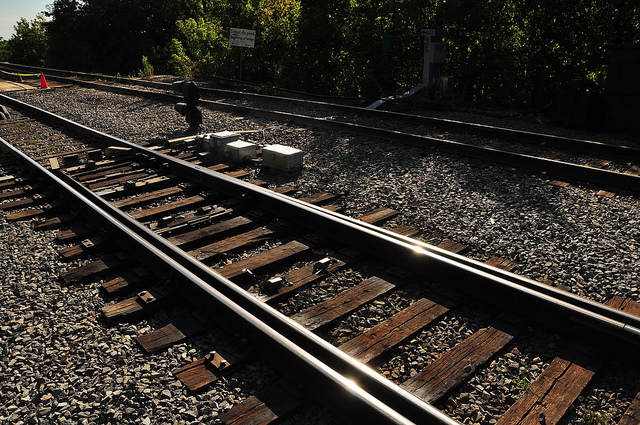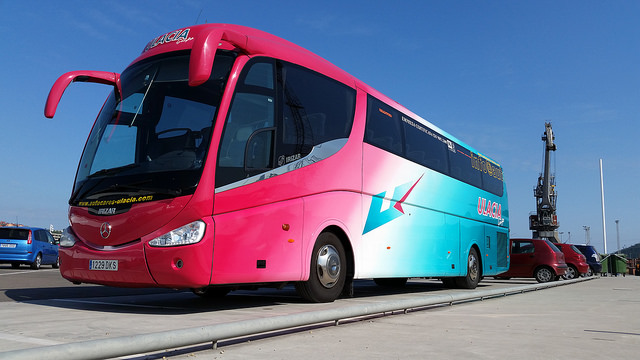Some ethnic communities in Canada are concerned about the lack of ease for religious leaders to immigrate into the country. Federal immigration officials are expressing interest in making the process easier, in response to their concerns, and are currently looking into methods of accomplishing this.
Many religious clergy do not currently qualify for permanent resident status because of failures to meet current requirements as landed immigrants. Noted particularly was the lack of language skills in English and French.





